Applying technology in monitoring people subject to measures prohibiting them from leaving their place of residence
Discussing in the Working Group on the draft Law on Temporary Detention, Temporary Imprisonment and Prohibition from Leaving the Place of Residence, National Assembly Delegate Tran Thi Thu Phuoc ( Quang Ngai ) stated that the draft Law has assigned the task of managing and monitoring people who are prohibited from leaving the place of residence to the Commune Police. The management measures are mainly administrative and manual (residence management, summons, roll call, and appearance check).

According to the delegate, with the thin staffing of the Commune Police, 24/7 manual management will be extremely costly in terms of human resources, difficult to ensure efficiency and easily lead to the situation of people being subject to violation measures (escape).
Therefore, the delegate proposed to add a clause to Article 40 (Enforcement of the order prohibiting leaving the place of residence) or Article 41 (Duties and powers of the People's Committee at the commune level and military units assigned to manage and monitor people subject to the measure of prohibiting leaving the place of residence) on the application of technology and technical means in monitoring and supervising people subject to the measure of prohibiting leaving the place of residence.
“The above regulation is also completely consistent with the principle of “Application of science and technology” stated in Article 3 of the draft Law. From there, it helps to improve the effectiveness of supervision, ensuring that those subject to the measure strictly comply with the regulations,” emphasized delegate Tran Thi Thu Phuoc.
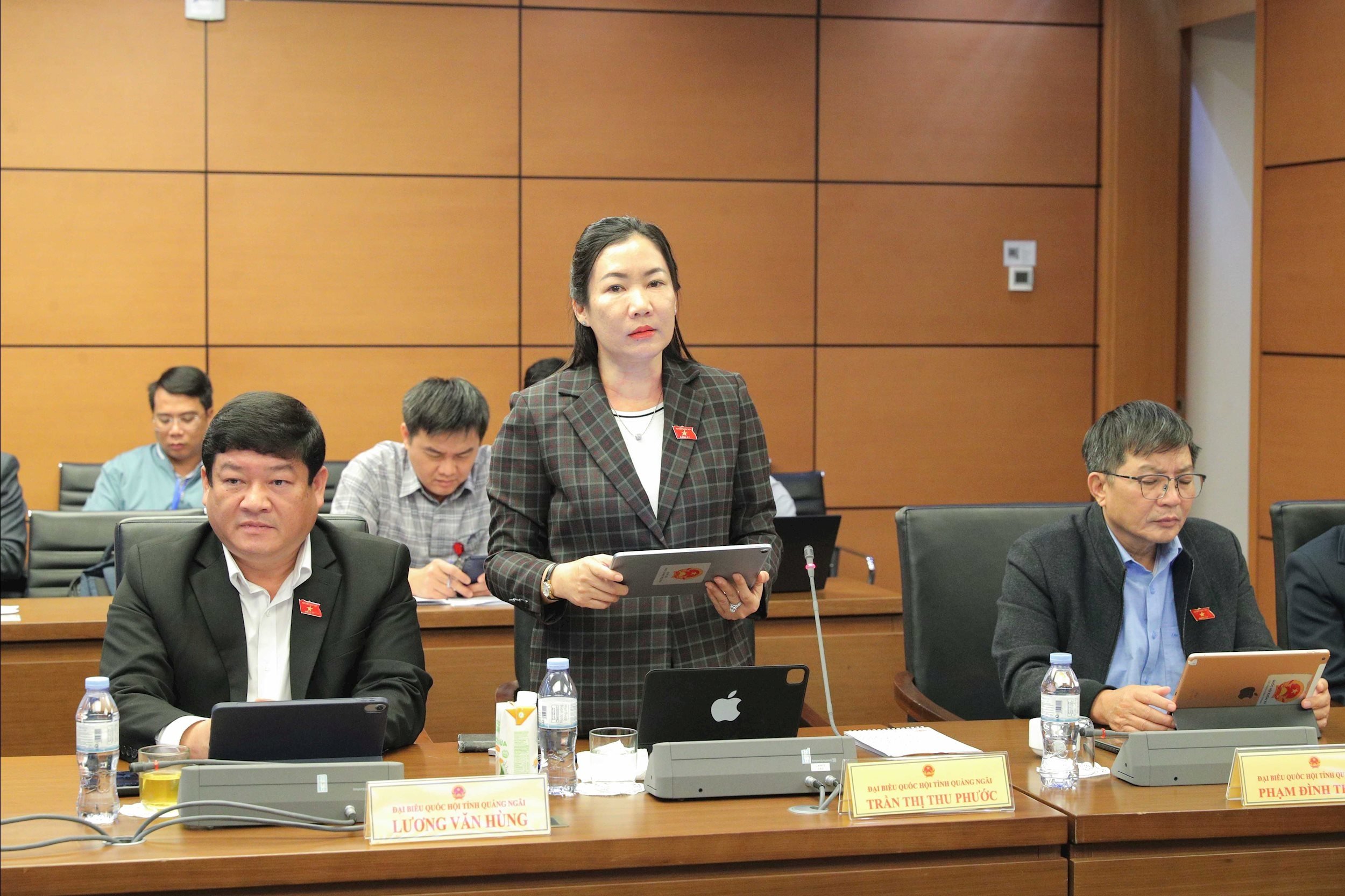
In addition, assigning the task of managing the ban on leaving the place of residence to the commune-level police will create additional administrative and professional work (recording, monitoring, verifying, checking, handling violations, etc.). Article 46 of the draft Law, although stipulating that the State ensures the payroll, human resources, facilities, and funding, delegate Tran Thi Thu Phuoc said that it is still general and principled.
The delegates proposed to amend and supplement Article 46 (Ensuring staffing and human resources...) in the direction of: "The State ensures staffing and human resources... in which priority is given to ensuring resources for the Commune-level Police to perform the task of managing and enforcing measures prohibiting people from leaving their place of residence".
At the same time, it is recommended that when issuing detailed regulations , the Government must establish specific funding norms (for example, stationery costs, gasoline, communications, etc.) for the Commune-level Police based on the number of people banned from leaving their place of residence that the unit is managing to ensure sufficient conditions for implementation and meet the requirements set out in performing this task.
Ensuring that criminal record data is "correct, complete, clean, and alive"
Regarding the draft Law amending and supplementing a number of articles of the Law on Judicial Records, delegate Tran Thi Thu Phuoc said that one of the very important new points, demonstrating the breakthrough of the draft Law, is the construction of a "centralized, unified" judicial records database that is "connected to the National Population Database, specialized databases, and other relevant databases".
“Building a separate database and connecting it with the National Population Database will ensure that criminal records data are “correct, complete, clean, and alive”, eliminating intermediate verification steps and is a premise for all administrative procedure reforms, improving the quality of service to the people,” the delegate emphasized.
Along with that, the draft Law also has many breakthroughs in reforming administrative procedures for people such as: The time limit for issuing a Judicial Record Certificate is shortened to "no more than 5 days" (compared to 10 days of the old law), in case the person issued with a Judicial Record Certificate has been convicted or has new criminal information that needs to be verified, the time limit is no more than 15 days. People also do not need to return to their permanent/temporary residence to submit their application, but can submit it anywhere or submit it 100% online, saving a lot of travel costs and reducing work interruption time.
The Draft Law also clearly demonstrates the spirit of the Constitution on the protection of human rights, especially the right to privacy and the right to reintegration through the provision: "Agencies and organizations are not allowed to request individuals to provide Criminal Record Form No. 2". At the same time, it clearly stipulates the responsibility of the management agency in updating the status of "criminal record cleared" in the Criminal Record when an individual is eligible for automatic criminal record clearing.
The delegate emphasized that this is a very progressive regulation, protecting those who have completed their sentences. The fact that “agencies and organizations are not allowed to require individuals to provide Criminal Record Certificate No. 2” also helps prevent discrimination in recruitment and employment, and creates real conditions for citizens to reintegrate into the community.
To promote the implementation of technological solutions to serve people and businesses associated with population data, identification and electronic authentication, delegate Tran Thi Thu Phuoc suggested that in addition to issuing criminal records as stipulated in the draft Law, it is necessary to add the content "Displaying criminal records information on the National Identification Application and having legal value as a Criminal Records Certificate"...
At the same time, to serve the construction and completion of the criminal record database, it is proposed to supplement the regulation that relevant ministries and branches are responsible for collecting, creating, updating the database under their management and connecting, sharing, and providing complete and timely information to the Ministry of Public Security. Omit the regulation that "The Central Military Court has the duty to build a specialized database on criminal records of people convicted by the Military Court" in Clause 11, Article 1 amending and supplementing Article 19 of the Law on Criminal Records because this content is the responsibility of ministries and branches, including the Ministry of National Defense.
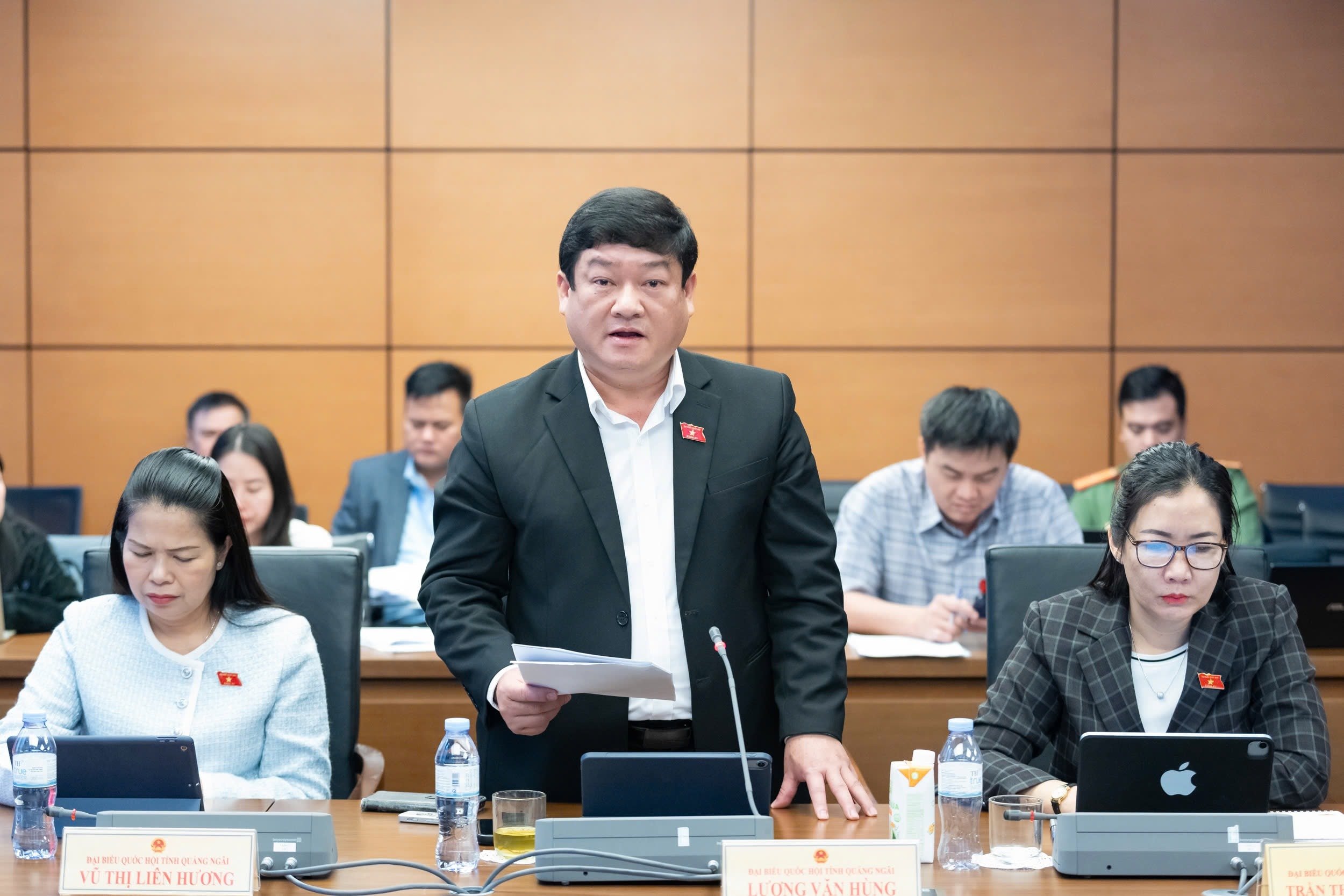
In order to soon complete the criminal record database, ensure that the data is "correct, sufficient, clean, alive, unified, and shared", and move towards displaying criminal record information via the individual's VNeID application account and abolish the issuance of Criminal Record Certificates, delegates proposed that it is necessary to specify the responsibilities of each relevant ministry and branch in providing criminal record information, ensuring timely and complete provision of all information on the criminal record of convicted persons, the status of execution of sentences, and the prohibition of individuals from holding positions, establishing and managing enterprises and cooperatives.
Regarding the time limit for issuing a Criminal Record Certificate being reduced from 10 days to 5 days, National Assembly Deputy Luong Van Hung (Quang Ngai) said that the above regulation will create favorable conditions for people and reduce waiting time. However, it is necessary to study and re-evaluate the feasibility of reducing the time as in the draft Law, especially in the context of streamlining the organization, apparatus, and staff, while at the same time, the database and information for issuing a Criminal Record Certificate are not yet complete and complete.
Source: https://daibieunhandan.vn/hien-thi-thong-tin-ly-lich-tu-phap-tren-vneid-10394307.html



![[Photo] Opening of the 14th Conference of the 13th Party Central Committee](https://vphoto.vietnam.vn/thumb/1200x675/vietnam/resource/IMAGE/2025/11/05/1762310995216_a5-bnd-5742-5255-jpg.webp)










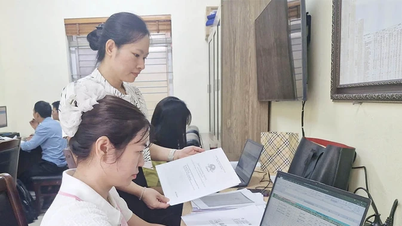

















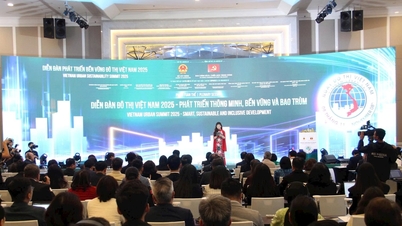



![[Photo] Panorama of the Patriotic Emulation Congress of Nhan Dan Newspaper for the period 2025-2030](https://vphoto.vietnam.vn/thumb/1200x675/vietnam/resource/IMAGE/2025/11/04/1762252775462_ndo_br_dhthiduayeuncbaond-6125-jpg.webp)



































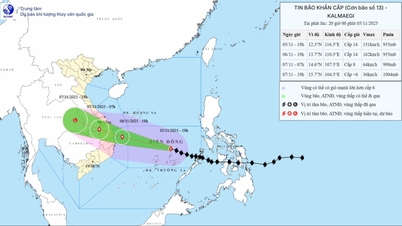




















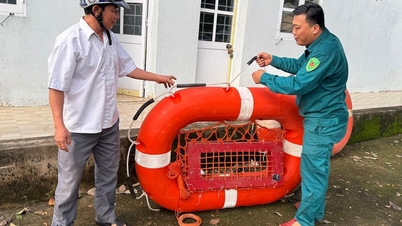















Comment (0)